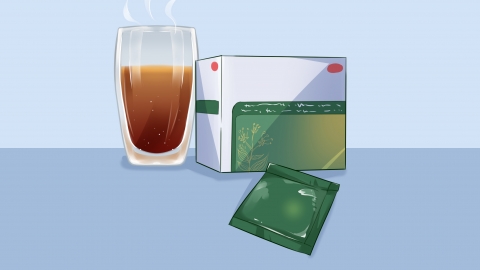Can patients with influenza take Qingkailing Granules?
Generally speaking, patients with influenza can take Qingkailing Granules. The detailed explanation is as follows:

Qingkailing Granules are a type of traditional Chinese patent medicine, whose main ingredients include Chinese herbs such as honeysuckle, gardenia, and isatis root. They have the effects of clearing away heat and toxic materials and calming the nerves. These granules are suitable for symptoms such as persistent high fever, irritability, sore throat caused by exogenous wind-heat toxin and excessive internal fire, and also applicable for upper respiratory tract infections, viral colds, acute tonsillitis, and acute pharyngitis. Therefore, influenza patients may find Qingkailing Granules helpful in relieving symptoms.
During the medication period, smoking, alcohol consumption, and spicy, raw, cold, and greasy foods should be avoided to prevent affecting the drug's effectiveness or worsening the condition. Additionally, tonic Chinese medicines should not be taken simultaneously during the medication period to avoid interactions. Moreover, Qingkailing Granules are not suitable for patients with wind-cold感冒 (common cold due to cold pathogen), which is characterized by severe chills, mild fever, absence of perspiration, headache, nasal congestion, clear nasal discharge, and itchy throat with cough.
Pregnant women and patients with diabetes should not take this medication. Patients with hypertension, heart disease, as well as those with chronic conditions such as spleen and stomach deficiency-cold and long-term illness with physical weakness should use this medication cautiously if they experience diarrhea. Patients with severe chronic diseases such as liver disease and kidney disease should take this medication under a doctor's guidance.





